New Zealand’s New Right-Wing Government Has Reversed Its Smoking Ban To Pay For Tax Cuts
The newly elected right-wing government said it will use the revenue from cigarette sales to pay for its tax cuts.
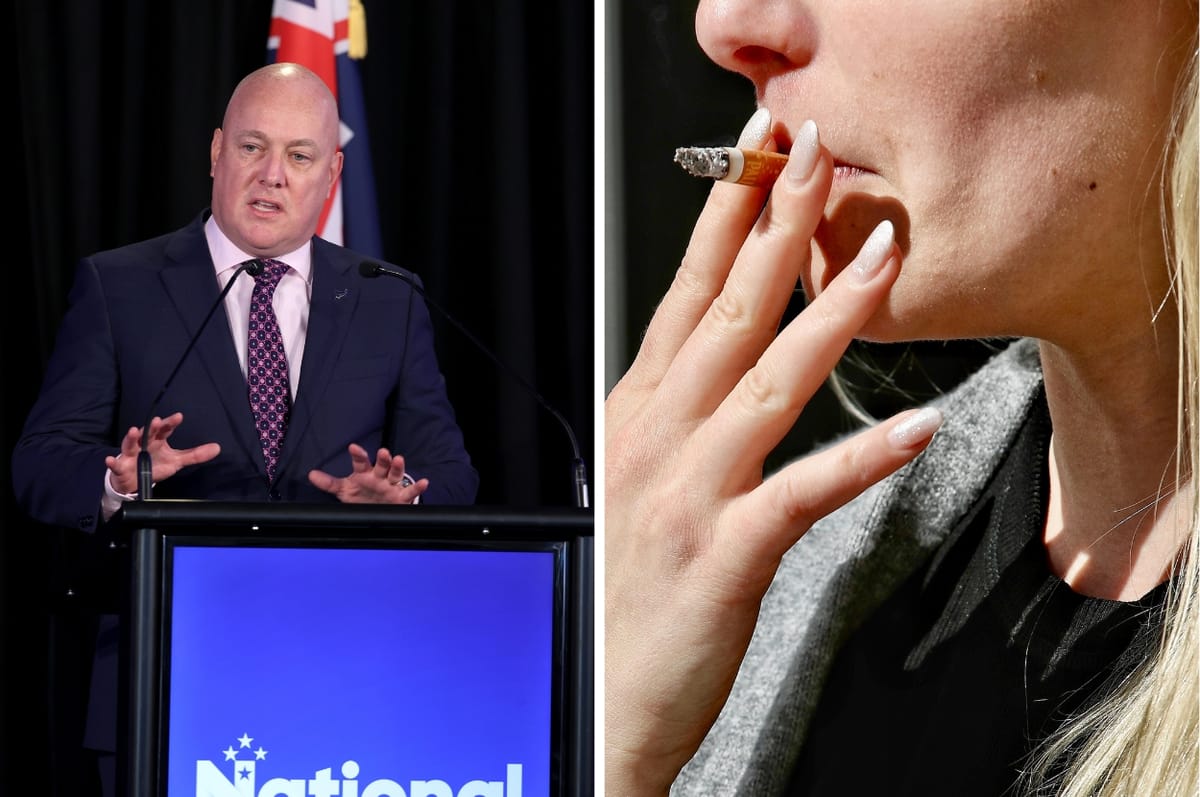
New Zealand’s new right-wing government has reversed its groundbreaking plan to ban smoking for future generations to help pay for tax cuts.
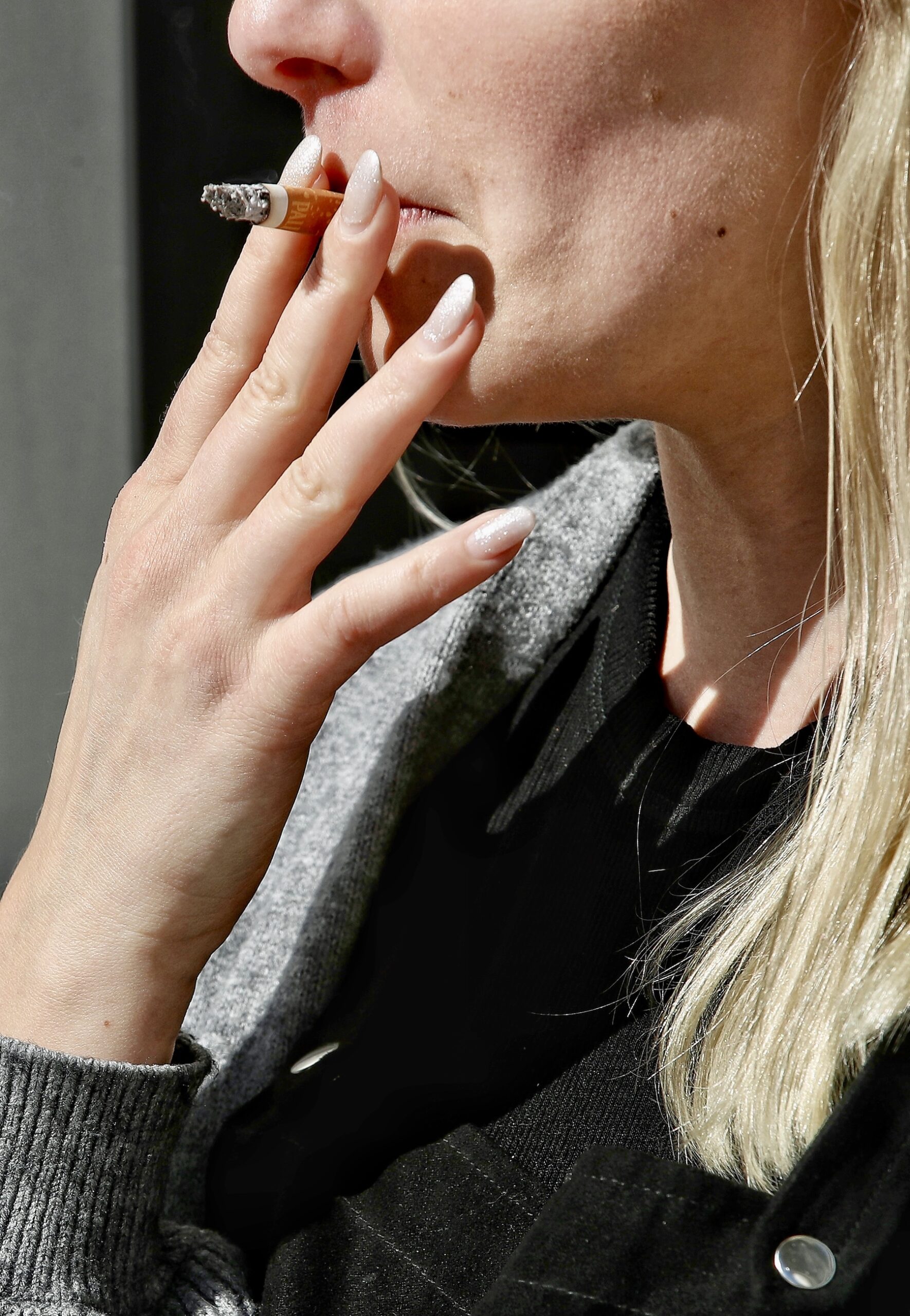
In November 2022, New Zealand became the first country in the world to pass a new law making it illegal for anyone born after Jan. 1, 2009, to ever buy tobacco, including cigarettes.
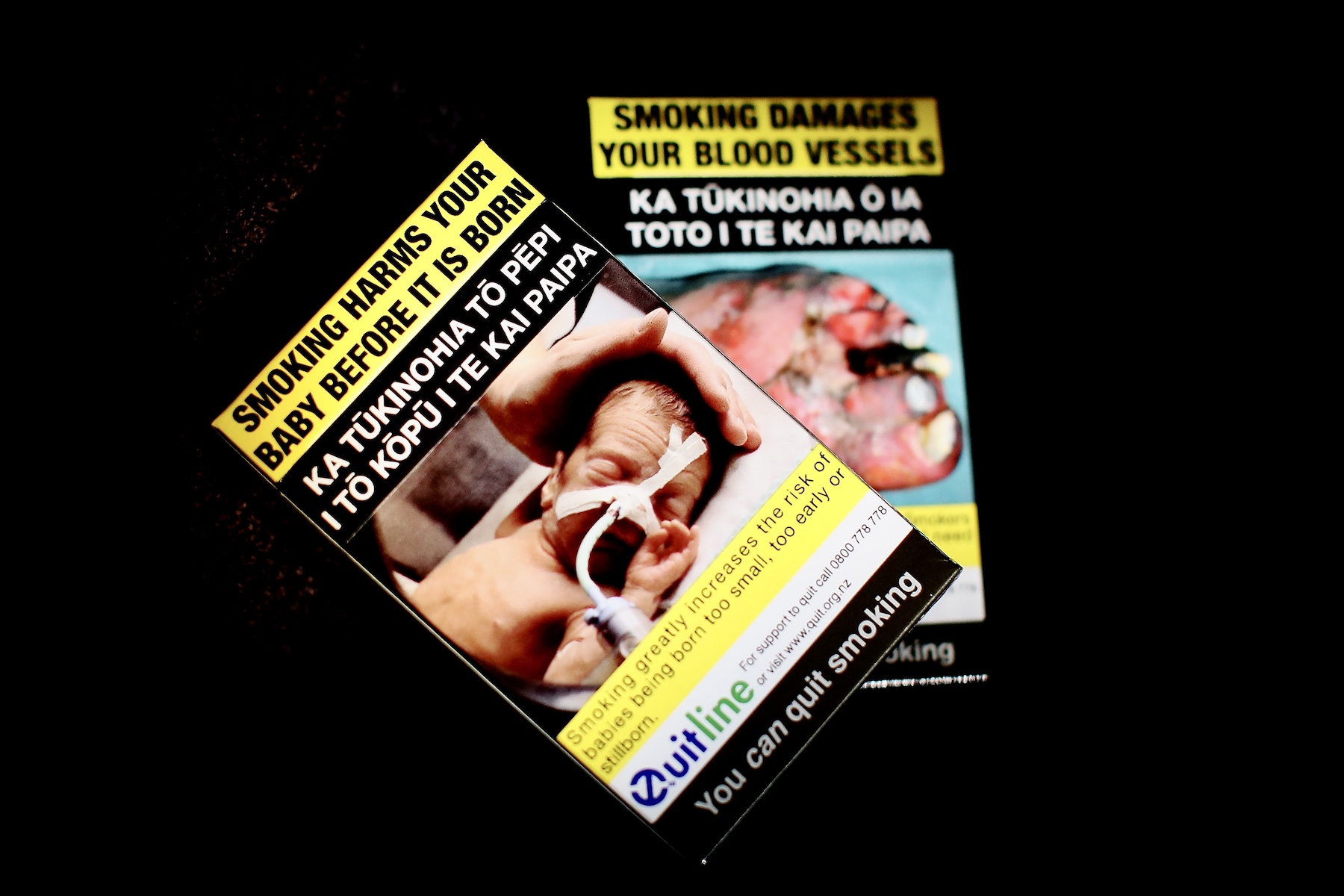
It also prohibited tobacco products from being sold at supermarkets and corner shops, making them only available in specialty tobacco stores.

The law, which was due to be implemented in July 2024, was part of former prime minister Jacinda Ardern’s government’s plan to make New Zealand smokefree by 2025.

But on Saturday Nov. 25, the newly elected right-wing government announced that it was scrapping the law and using the revenue from cigarette sales to pay for its tax cuts.
New prime minister Christopher Luxon – whose party won the election on a campaign of cutting taxes – said that the reversal would stop a black market from emerging.
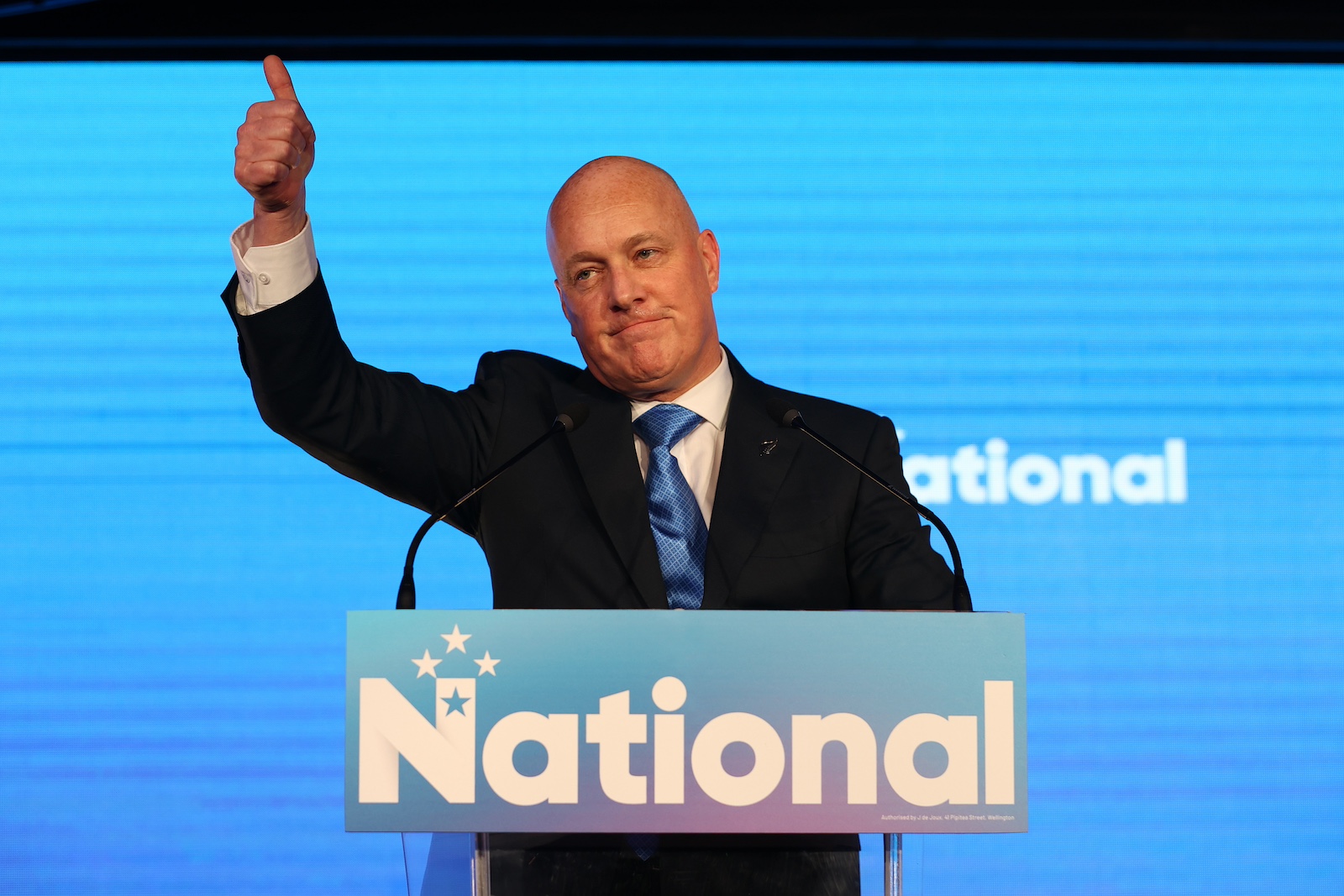
The shock reversal was widely criticized by health experts, who say it is a huge win for the tobacco industry at the expense of public health.

Health experts say the move will put thousands of lives at risk and be especially damaging to Indigenous Maori communities, which have higher smoking rates and associated diseases and health risks.
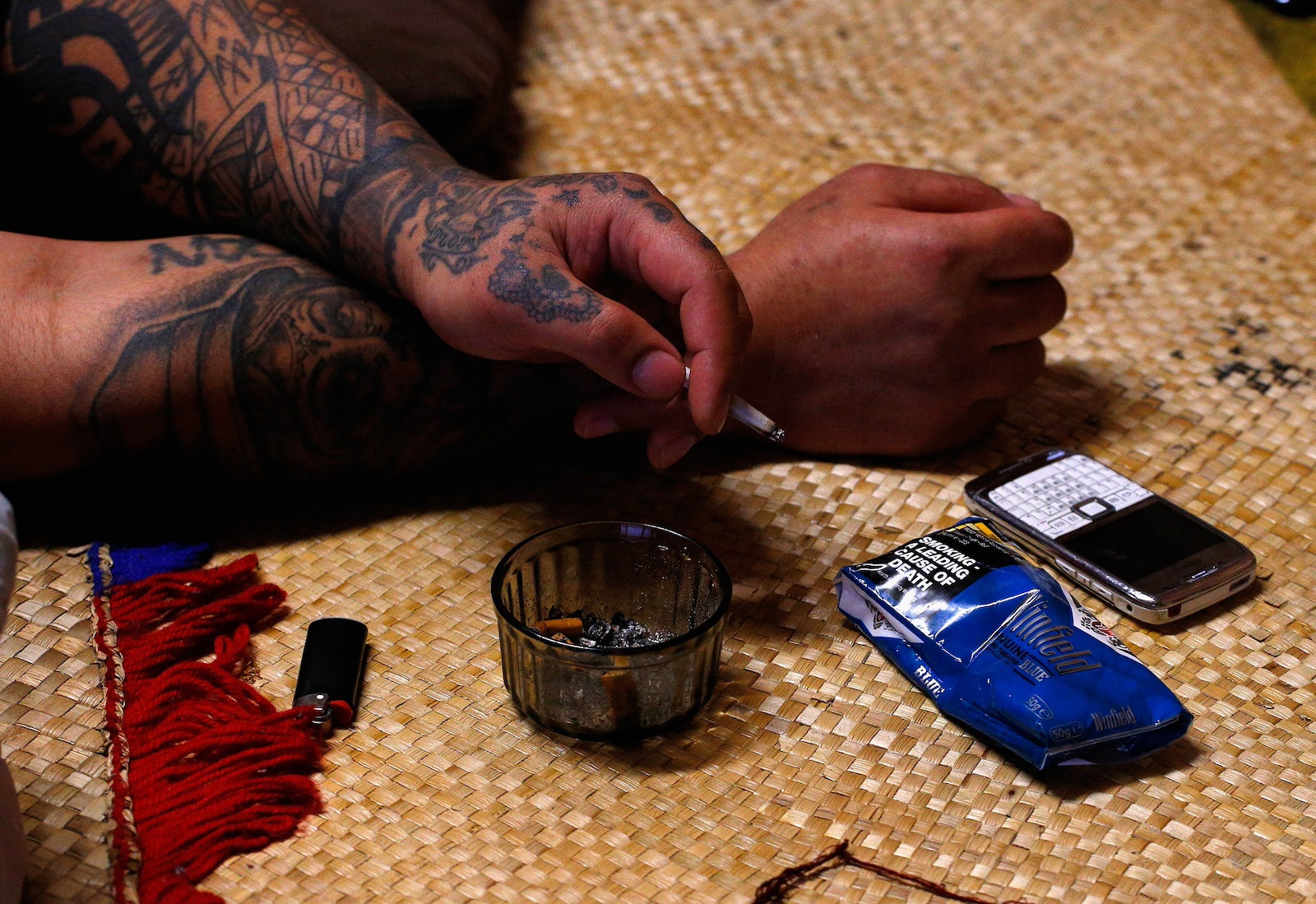
The law, which had widespread public support, would have saved the country’s health system US$800 million over the next 20 years and lowered mortality rates by 22% for women and 9% for men.
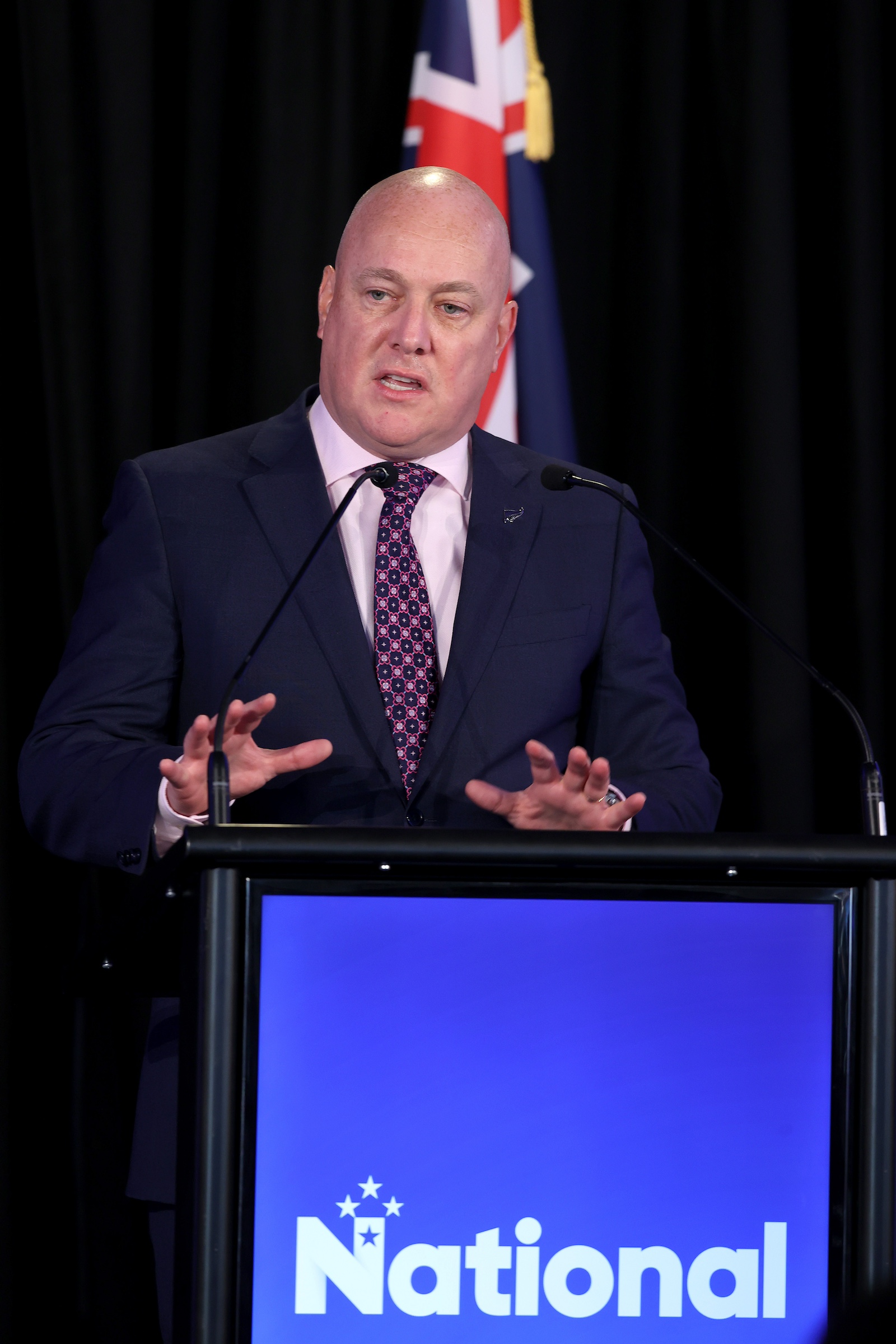
Luxon has said that his government is still dedicated to lowering smoking rates but will do so through through education and other policies.





